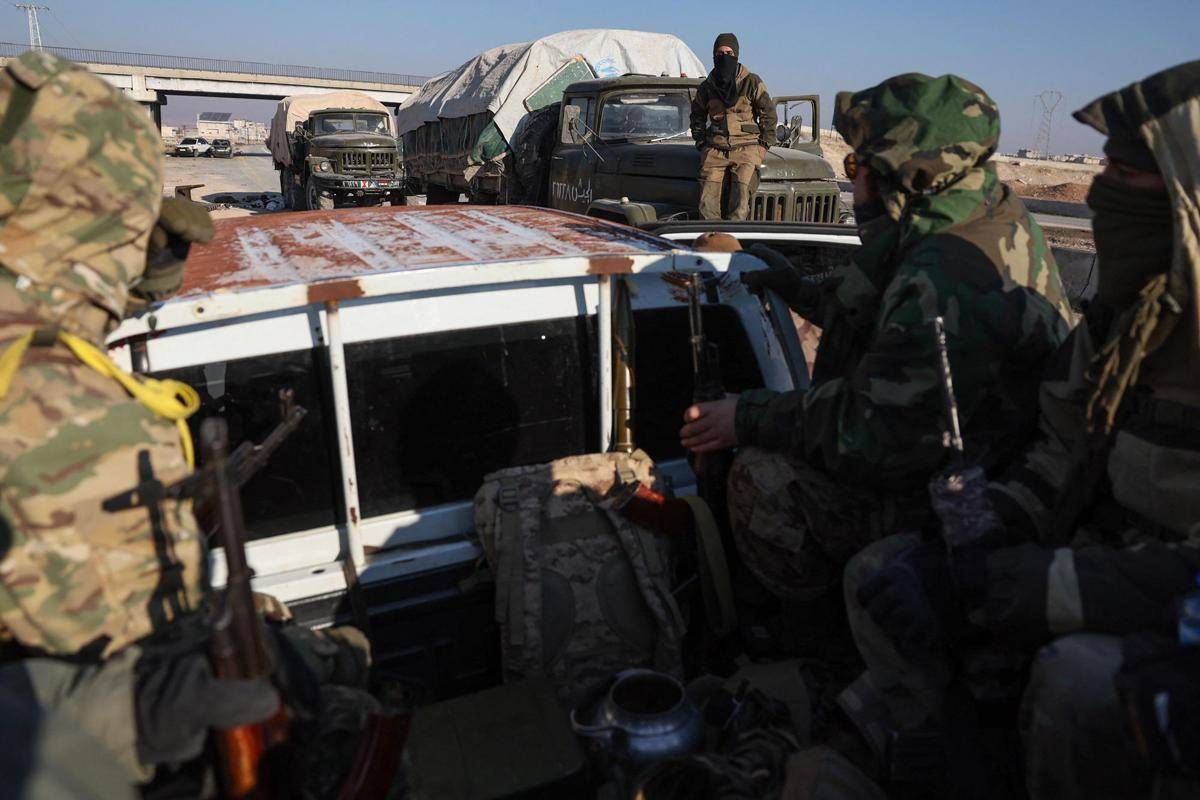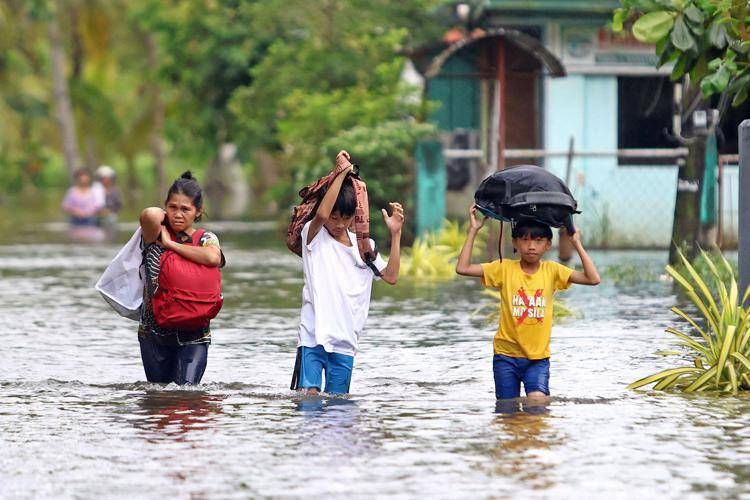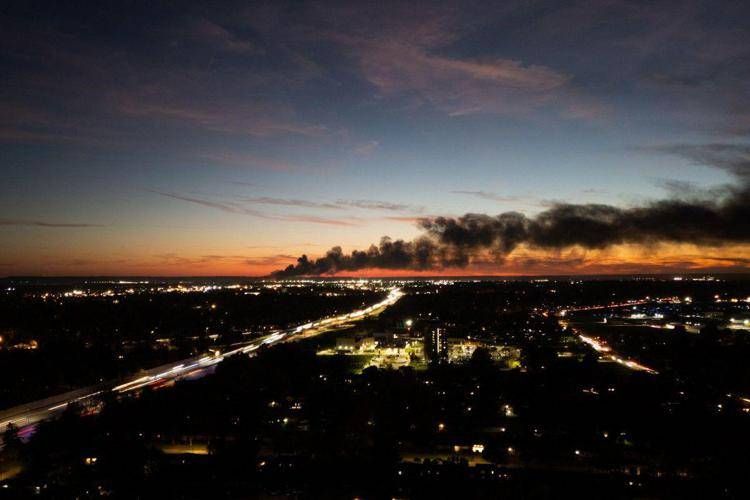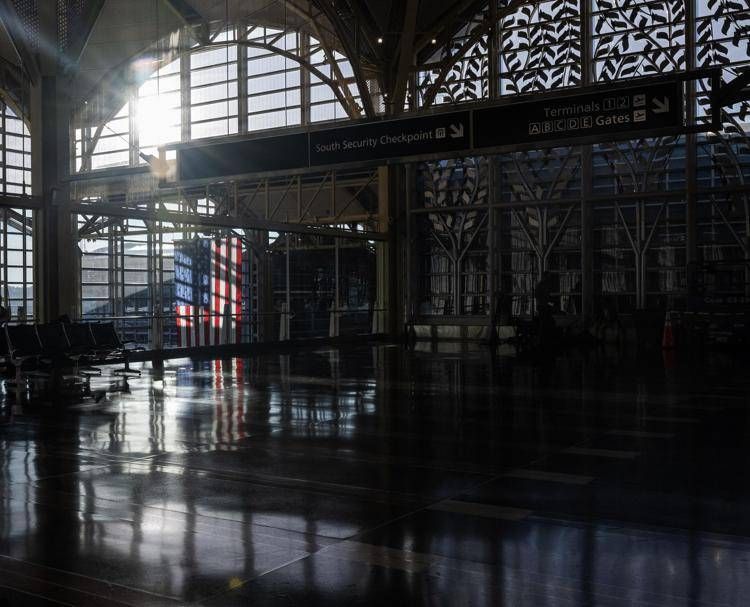
Rebels conquer Hama: new defeat for the Syrian army
Hama falls into rebel hands: strategic and historical implications for the Assad regime
After taking control of Aleppo, the Syrian rebels achieved another significant victory, driving Bashar al-Assad’s army out of Hama, a city of great symbolic and strategic value. For the Assad regime, maintaining control of Hama was essential to protect the capital, Damascus. Analysts have often suggested that the fall of Hama could mark the collapse of the regime itself.
Hama is historically linked to the violent suppression of the Muslim Brotherhood uprising by the regime of Hafez al-Assad, Bashar’s father. In 1982, during the ‘Hama Massacre’, the Syrian army killed tens of thousands of civilians, consolidating power through a brutal show of force. This event left a legacy of resentment that manifested itself again in 2011 with the ‘Arab Spring’ protests. Hama became one of the main centres of protest against the regime.
At the beginning of the protests, thousands of people gathered in Hama to demand democratic reforms and an end to repression. The regime responded with a violent crackdown, sending in tanks and security forces to suppress dissent. In July 2011, a massive incursion by the government army led to violent clashes and bombings, resulting in hundreds of deaths and numerous arrests among opponents. The brutality of the repression attracted international attention and Hama became a symbol of the struggle between the regime and the opposition movement. Although the centre of the city soon returned under government control, the surrounding rural areas remained rebel bastions, triggering a long guerrilla war.
Strategically, Hama is a crucial junction on the main M5 highway connecting Damascus to northern Syria, crucial for supplies and control of routes between major cities. The city also serves as a ‘buffer’ to the Alawite coast, where regime support is located. Control of Hama is therefore vital for the security of these coastal areas.
In recent years, Hama has been the scene of numerous military campaigns to recapture rural areas and repel rebels. Various rebel factions, including the Free Syrian Army and al-Qaeda affiliated groups such as Hayat Tahrir al-Sham, have been operating in the region, making it an area of intense fighting. The destruction of civil infrastructure and the humanitarian crisis have made the situation particularly difficult for residents, causing waves of internally displaced persons to seek refuge in other regions of Syria.
THE LATEST NEWS
-

 News21 ore ago
News21 ore agoArrestato dopo fuga Elia Del Grande, il killer della Strage dei Fornai
-

 International-News20 ore ago
International-News20 ore agoElon Musk proposes solar satellites to regulate Earth’s climate
-

 Sport21 ore ago
Sport21 ore agoSinner vince su Zverev: due set perfetti 6-4 6-3 alle Atp Finals
-

 Primo Piano7 ore ago
Primo Piano7 ore agoTrump valuta un attacco al Venezuela: secondo WP nel mirino basi e laboratori droga














